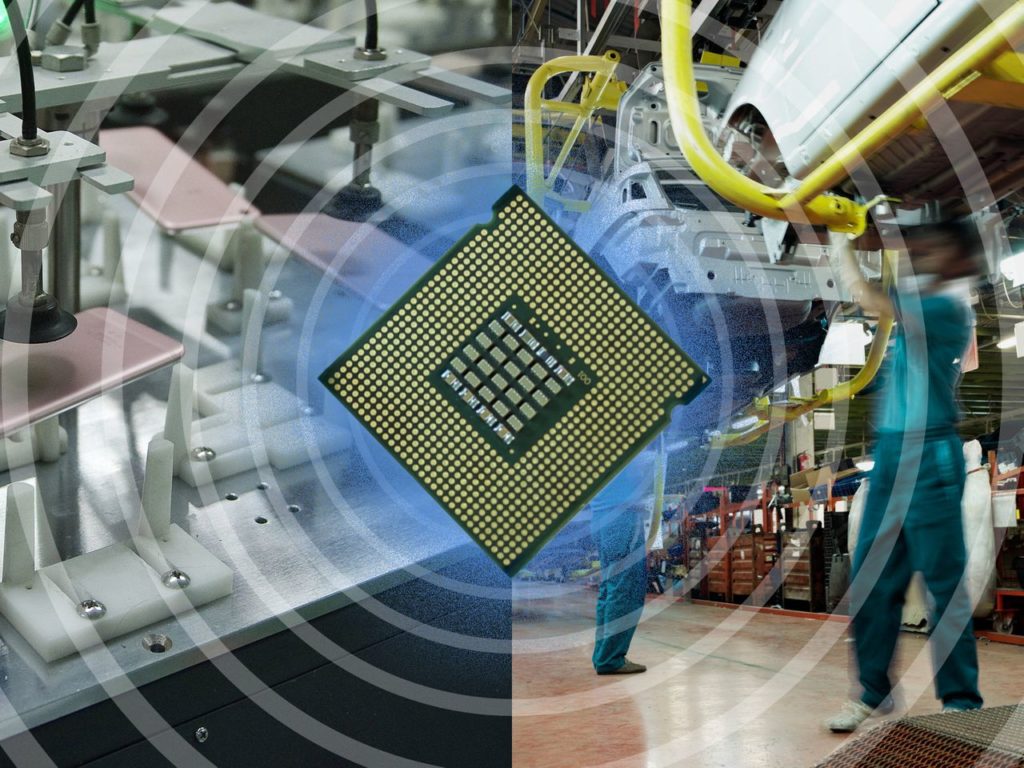Chip shortage to persist for two more years, says Intel CEO.
The damage caused by the pandemic will take a couple of years to cope up within the silicon industry. During the onset of the pandemic, a miscalculation has caused such a heavy shortage of chips as the demand was unexpected. These chips especially the display drivers are not only used in mobiles or laptops but also in automobiles and smart home devices. So, production and sales of both the tech industry and the automobile industry are coming down or getting negatively affected due to the chip crisis. Because without these chips, the final products will be incomplete.
Intel Corporation’s CEO, Pat Gelsinger, has said that the semiconductor shortage that is having its impact all over the world is not likely to end for a few more years. The company is trying its best to push the workers and increase the production of chips in some of their plants. But even if these plants work at full capacity it will take months before the crisis in the semiconductor industry followed by other industries starts to ease up. Currently, Intel is increasing chip production to address and meet the crisis in the automobile industry.
Increase in Demand and Chip Crisis
Pat Gelsinger has further mentioned that the company and the entire semiconductor industry as a whole will still need a couple of years if it has to meet the demand for chips across every industry. The pandemic followed by the lockdown is the main reason why the demand for chips skyrocketed all of a sudden. With people locked up in their homes, they wanted to buy gadgets like mobile phones, laptops, game consoles, etc to help them cope up with this hard time. Some of us bought good-performing laptops as work from home became the new normal while others bought good televisions and gaming laptops to enhance their source of entertainment.

But meeting the rising demand amidst the pandemic was very tough and the main reason is shuttered plants. There were also difficulties in transportation during the pandemic and other logistic shortcomings. The companies are trying their best to boost up the production but with the incoming second wave of COVID-19, it will still take more time to get the chip production back to normal condition.
The Political Agenda
The shortage of chip production is affecting many industries and due to this price of many appliances is increasing. Let alone the companies are trying to recover from the drastic crisis, they have become the center of many political agendas. The Biden administration has informed the companies that he will provide bipartisan support so that government funding is received to address this shortage.
Addressing the shortage, Pat also mentioned that chip manufacturing in the US was 37 percent a quarter of a century ago and now it is 12 percent of the world’s total semiconductor production. Today, Intel is the only company that produces cutting-edge high-end chips on American soil. There should be more semiconductor companies in the US as it will create more jobs and will have control over the industry for the long term.
Impact in other Industries
The shortage of chips has let to a decrease in production and thus lower revenue in other industries especially tech and automobile. Ford has announced that the shortage in chips will lead to a decrease in production by 1.1million vehicles in 2021. The others on the list are Volvo, Jaguar, and Mitsubishi. In the tech industry, Apple has confirmed the strain in supply has impacted the sales of iPads and Macs.
On the other hand, Mark Liu, Chairman of Taiwan Semiconductor Manufacturing Co., has told CBS that the company has tried its best to squeeze as many chips as possible especially for the car companies. He also mentioned within the next two months the company will be able to catch up and fulfill the minimum requirements of the customers.
The main reason that the shortage in the chip industry was amplified because along with the demand for electronics, the demand for cars also increased. After the lockdown was suspended, the covid situation made people nervous about public transport. So, the demand for personal vehicles started increasing.

Annasha Dey is an NIT student, who apart from studying engineering is also a content writer. She has a great interest in photography, writing, reading novels, and travelling as well. She is a foodie who loves socializing and hanging out with her friends. She is also a trained Kathak dancer and a big fashion enthusiast. Dey also loves watching TV series, which includes F.R.I.E.N.D.S. and Big Bang Theory. To be a better writer she prefers to read more